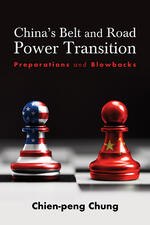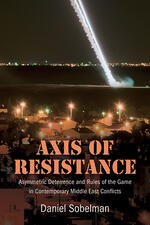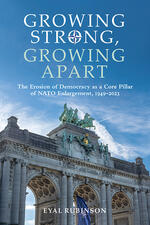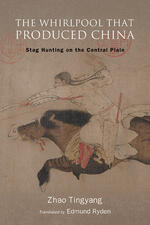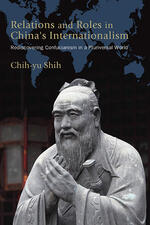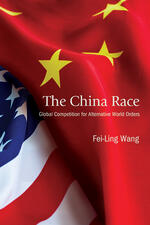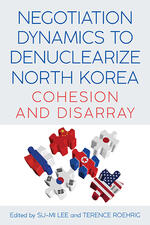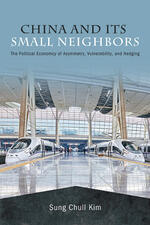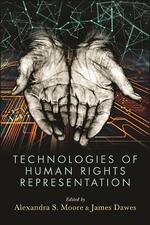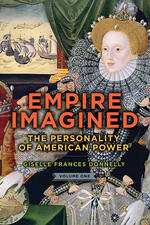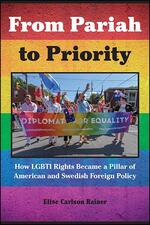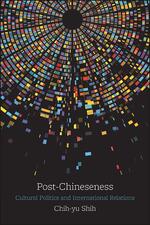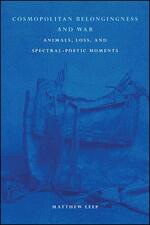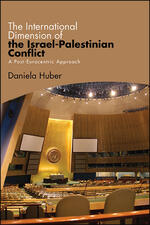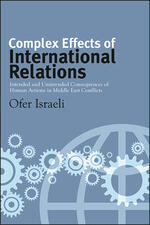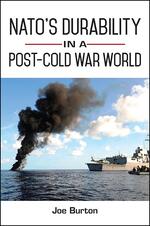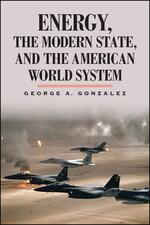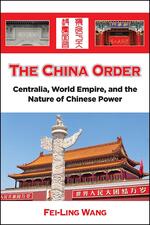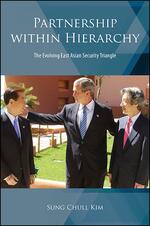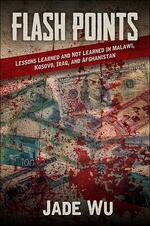International Relations
China's Belt and Road Power Transition
Details the Belt and Road global infrastructure development initiative as the most important instrument for China’s leadership under Xi Jinping to create an alternative global economic and geopolitical order to challenge the United States.
Axis of Resistance
An in-depth analysis of the primary conflicts animating the contemporary struggle over the regional order of the Middle East.
Growing Strong, Growing Apart
Explores the role of democracy in NATO expansion decisions throughout the organizations history and looking forward into the future.
The Whirlpool That Produced China
Provides a philosophical, cultural, and historical answer to the question: Where did China come from?
Relations and Roles in China's Internationalism
Creative exploration of how the encounter between Confucianism and western (neo)liberalism necessarily leads to the unlearning of both.
The China Race
An analysis of the China Race—the global competition for leadership and world order between the US-led West and the People's Republic of China.
Negotiation Dynamics to Denuclearize North Korea
Comprehensive examination of the goals, strategies, and motives of the six parties involved in North Korea denuclearization talks through the lens of negotiation theory.
China and Its Small Neighbors
Analyzes the nature, processes, and political consequences of the asymmetrical relationships between China and its six small neighbors in Asia.
Technologies of Human Rights Representation
Analyzes the effects of new technologies on human rights, with a particular focus on how representations of technology affect our ability to understand and control it.
Empire Imagined
Examines the deep roots of the American way of war.
From Pariah to Priority
Incorporates a unique diplomatic, insider perspective to explain the unexpected incorporation of LGBTI rights into American and Swedish foreign policies.
The Dialectics of Global Justice
Draws on Marx and the first-generation Frankfurt School to make the case that cosmopolitanism must become a postcapitalist political theory.
Post-Chineseness
Analyzes international and cultural relationships informed by "China," a category that is becoming ever more indispensable and yet unstable in everyday narratives.
Cosmopolitan Belongingness and War
Offers a cosmopolitan account of war that blends sharp inquiry into interspecies politics with original poetry on animals, loss, and war.
Vera and the Ambassador
A behind-the-scenes look at diplomacy and international relations in post-communist Eastern Europe.
The International Dimension of the Israel-Palestinian Conflict
Analyzes the Israel-Palestinian conflict by looking at its interactions with seven regional and global powers and the way the conflict is framed at the international level.
Complex Effects of International Relations
Identifies the many ways in which unexpected outcomes are endemic to international relations due to the complexity of world politics.
Fight to Live, Live to Fight
Examines US foreign and domestic policy through the narratives of post-9/11 US military veterans and the activism they are engaged in.
Tools of War, Tools of State
Examines why many governments, rebels, and terrorist organizations are using children as soldiers.
NATO's Durability in a Post-Cold War World
Examines how NATO has adapted and endured after the end of the Cold War, transforming itself to deal with a host of new security challenges.
Energy, the Modern State, and the American World System
Examines political authority in the modern era as a function of specific energy politics.
The China Order
Examines the rising power of China and Chinese foreign policy through a revisionist analysis of Chinese civilization.
Because We Are Human
Offers a complete empirical account of US government programs, policies, and interventions outside the United States on behalf of the human rights of LGBTQ people.
Partnership within Hierarchy
Examines intra-alliance politics between the United States, Japan, and South Korea.
Flash Points
A compelling, intimate account of how US foreign assistance in war zones and developing countries does not achieve its intended goals.
